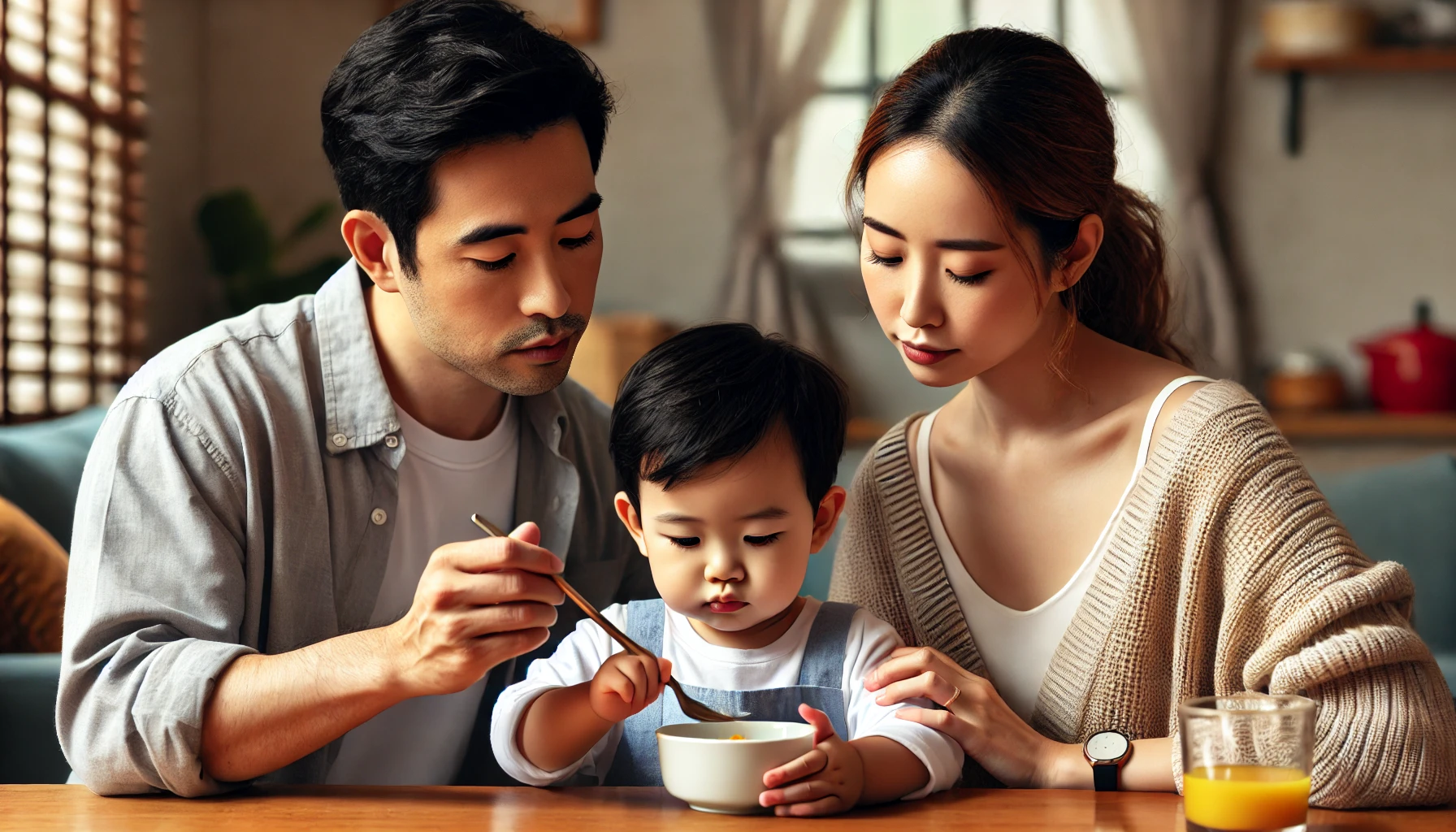Parenting is one of the most rewarding yet challenging roles you’ll ever have. As parents, we often face situations that require not only time and effort but also a tremendous amount of patience. Whether it’s dealing with tantrums, helping with homework, or just getting through a tough day, patience is the key to navigating these moments with grace and understanding. But why is patience so important in parenting, and how can it positively impact your child’s growth and your relationship with them? Let’s explore.
Patience Builds a Strong Foundation for Your Child’s Emotional Development
Children are naturally curious, energetic, and emotional beings. They are constantly learning, testing boundaries, and processing new experiences. This often leads to moments of frustration and confusion, which can be overwhelming for both parents and children. By exercising patience, you create an environment where your child feels safe to express themselves, make mistakes, and learn from them.
How it works: Patience allows you to respond thoughtfully rather than react impulsively. When you take the time to listen and empathize with your child, they learn that their feelings are valid, and they begin to understand how to manage their emotions better. It also teaches them how to handle frustration in a healthy way, something that will benefit them well into adulthood.
Fosters Positive Behavioral Change
It’s easy to lose patience when your child is misbehaving or not following instructions. However, responding with calmness and understanding, rather than anger, can create a positive shift in behavior. Instead of resorting to harsh discipline, practicing patience helps teach children the value of self-control and respect.
How it works: Children often act out because they don’t know how to express themselves or communicate effectively. Patience enables you to approach these situations with empathy and calmness, helping your child understand the consequences of their actions while still feeling loved and supported. By staying patient, you’re more likely to see lasting, positive changes in their behavior over time.
Creates a Calm and Secure Environment
When a parent maintains a patient demeanor, it creates a stable and secure atmosphere in the home. Children thrive in environments where they feel safe and where emotional reactions are measured. When parents consistently exhibit patience, children feel more comfortable asking questions, seeking comfort, and exploring new ideas without fear of judgment or punishment.
How it works: A home where patience is prioritized fosters open communication. Children are more likely to talk about their day, share their feelings, and seek guidance when they know that their emotions will be met with understanding rather than frustration. This leads to a deeper bond between parent and child, making it easier for both to navigate life’s challenges together.
Patience Helps You Model Healthy Problem-Solving
As a parent, your actions often speak louder than your words. When you remain patient, you model for your child how to approach difficult situations calmly and rationally. By showing them how to think through problems instead of reacting impulsively, you teach them valuable life skills that will help them make thoughtful decisions in the future.
How it works: Every time you face a challenge with patience, your child has an opportunity to observe how you handle stress and frustration. This teaches them that patience is not just a virtue but an essential tool for problem-solving. It’s through this modeling that children begin to learn the importance of staying calm under pressure, making thoughtful decisions, and finding solutions to their problems.
Strengthens Your Parent-Child Relationship
Parenting is not just about managing your child’s behavior or teaching them life skills; it’s also about building a strong, trusting relationship. Patience plays a critical role in this. When parents take the time to understand their child’s needs, offer support, and respond calmly to challenges, they create a deeper connection with their child.
How it works: A relationship built on patience is one where both parent and child feel respected and heard. This leads to stronger bonds, more open communication, and greater emotional security. When children know that their parents are patient and willing to listen, they feel more comfortable confiding in them about important matters as they grow older.
Helps You Maintain Your Own Emotional Well-being
Parenting can be emotionally and physically draining. It’s easy to get frustrated when things don’t go as planned or when you’re dealing with multiple responsibilities. Practicing patience not only helps your child but also benefits your own emotional well-being. By staying patient, you reduce your stress levels and improve your ability to manage difficult situations with a calm mindset.
How it works: When you maintain patience, you avoid the negative emotional cycles that can lead to burnout or resentment. A calm approach allows you to recharge and approach each parenting challenge with a clear mind. This, in turn, enables you to be the best parent you can be, both for yourself and for your child.
Patience is a Superpower in Parenting
In the fast-paced world we live in, it can be difficult to slow down and show the level of patience that parenting truly requires. However, when you make patience a central part of your parenting strategy, you open the door to countless benefits for both your child and yourself.
Patience helps foster emotional growth, builds trust, encourages positive behavior, and strengthens your bond with your child. It teaches both of you how to manage challenges with calmness and grace, setting a powerful example for your child to follow as they grow. Remember, parenting isn’t about perfection — it’s about patience, empathy, and love.
So, the next time you find yourself in a tough situation, take a deep breath. Practice patience, and know that you’re not just helping your child navigate that moment — you’re also helping them develop the tools they’ll need to navigate life. And that, my friend, is what parenting is all about.
